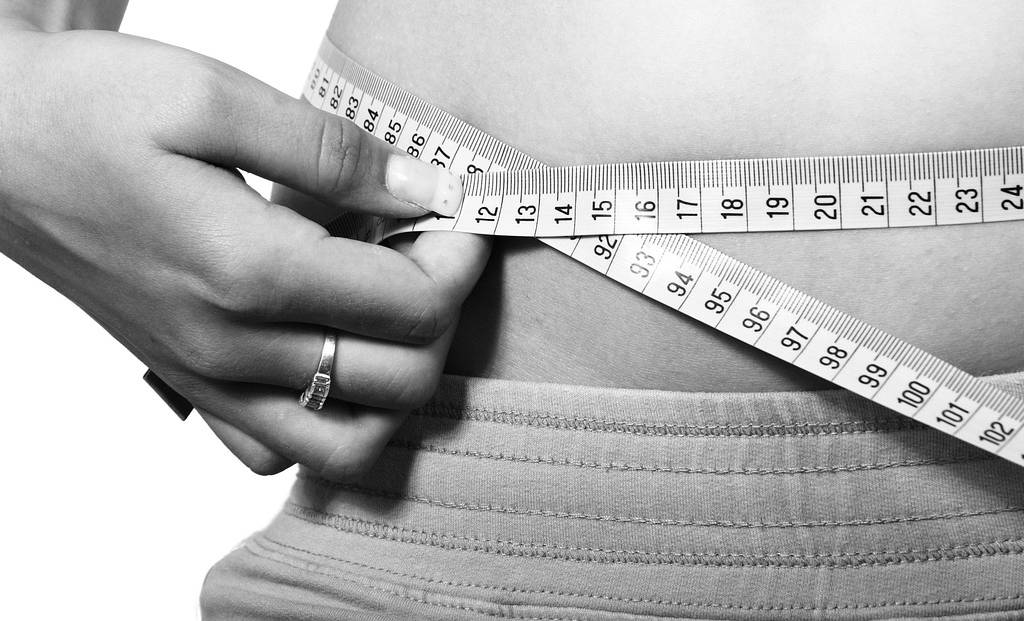Obesity, a condition already associated with various health issues, may amplify the symptoms experienced by women during menopause, according to a study led by an Indian-origin researcher. This study suggests that obesity can also reduce the effectiveness of hormone therapy, the most widely used treatment for managing a broad range of menopause-related symptoms.
Notably, limited research has explored how concurrent health conditions may affect the efficacy of hormone therapy during menopause. Specifically, there has been a lack of investigation into the impact of obesity on the success of hormone therapy.
This five-year study, which involved 119 participants, aimed to address some of these knowledge gaps by examining the connection between obesity and the self-reported effectiveness of hormone therapy in pre-and postmenopausal women.
The study defined obesity as having a body mass index over 30
In this study, obesity was defined as having a body mass index (BMI) equal to or greater than 30. Women with obesity were more likely to report experiencing hot flashes, genitourinary/vulvovaginal symptoms, mood disturbances, and reduced libido.
Dr. Anita Pershad from Eastern Virginia Medical School in Norfolk, US, commented, “We investigated menopausal symptoms in an underrepresented patient population often overlooked in women’s health studies. This research can assist healthcare providers in delivering more tailored care and counselling to patients seeking treatment for their menopausal symptoms, especially in diverse racial and socioeconomic patient populations severely affected by social determinants of health.”
The findings of this study will be presented at the 2023 Annual Meeting of The Menopause Society in Philadelphia, US.
Yoga Beneficial For Heart Failure Patients, Says ICMR Scientist | ALSO READ
Dr. Stephanie Faubion, the Medical Director of The Menopause Society, highlighted the importance of these findings, stating, “Healthcare professionals should consider this when advising their patients on the various options for managing their menopause symptoms. Given that over 40 per cent of women aged 40 and older are classified as obese according to the US CDC, these results could have significant implications for a substantial number of women going through menopause.”










